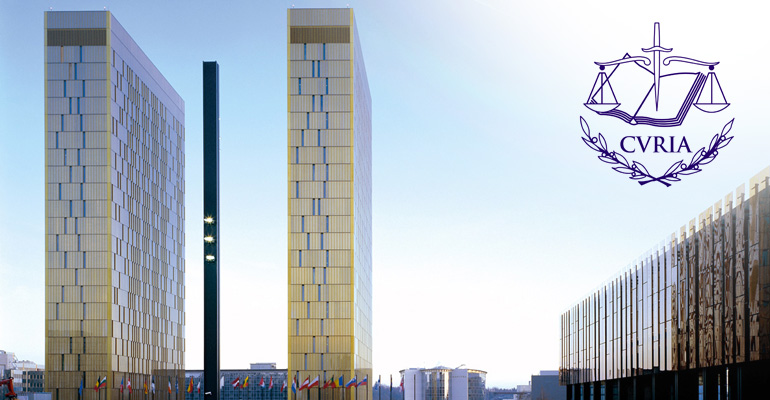

The authoritative opinion given by Ms. Kokott was issued for the Europe’s highest court in anticipation of its preliminary ruling pertaining to a prospective deal in the Austrian asphalt sector. The subject deal involves the creation of a joint venture by two companies, Austria Asphalt GmbH & Co OG (“AA”) and Teerag Asdag AG (“TA”). In short, the proposed transaction is to include the following steps: 1) establishment of a new company with AA and TA each holding 50% of shares in its share capital, 2) transfer of ownership over an asphalt mixing plant from TA to the newly formed company, and 3) (simultaneously with the second step) change from sole to joint control over the plant. Finally, after the joint venture is fully set up, the asphalt plant would supply goods only to AA and TA, with no significant and autonomous presence on the market.
Minding the aforementioned scenario, the Austrian Supreme Court referred to CJEU the question of whether the proposed agreement between AA and TA was subject of the EU merger control regime. The main concern of the national authorities was whether the change from sole to joint control of the asphalt mixing plant was to be regarded as a concentration, despite the fact that the joint venture resulting from the transaction was not a full-function undertaking.
Conflicting positions were taken by the stakeholders. On the one side, AA argued that only joint ventures with full functionality were subject to EU merger control. Said argument was based primarily on Article 3(4) of the Merger Regulation, according to which a concentration is constituted solely by the creation of a joint venture performing on a lasting basis all the functions of an autonomous economic entity. On the other side, the Commission stated that a change in control of an existing undertaking should be subject of the EU merger control rules, even if the target company was not a full-function entity. Further, the Commission emphasized that the application of the full-function criterion could create an “enforcement gap” in the EU merger control regime.
Advocate General, Ms. Kokott, issued the opinion in favor of AA. “The creation of joint ventures — be this by the formation of entirely new undertakings or the conversion of existing undertakings into joint ventures — is subject to the EU merger control regime only if the undertakings in question are full-function”1, it was stated. “For it is only this scenario that brings about a change in the structure of the market such as to justify a merger control. If, on the other hand, the transaction in question gives rise to a joint venture which is not full-function, there will at most be a need to deal with any coordination by the two parent companies of the behavior in which they engage on the market as part of their collaboration within the joint venture.”2 Further, Ms. Kokott strongly disagreed with the Commission’s concerns regarding the aforementioned “enforcement gap”. She in fact argued that the application of the full-function criterion would drive Commission’s focus toward “transactions that are truly relevant from the point of view of the structure of the market.“3
Although the opinion of the Advocate General is not binding on the stakeholders, it suggests how judges should rule on the case at hand and also, until ruled contrary, inevitably represents a persuasive authority with respect to the matters covered. The final ruling of the Court is expected within several months.
Full text of the opinion can be found on the following link.
————————————-